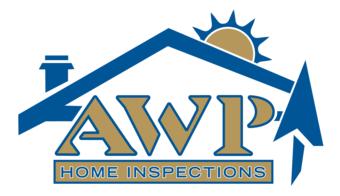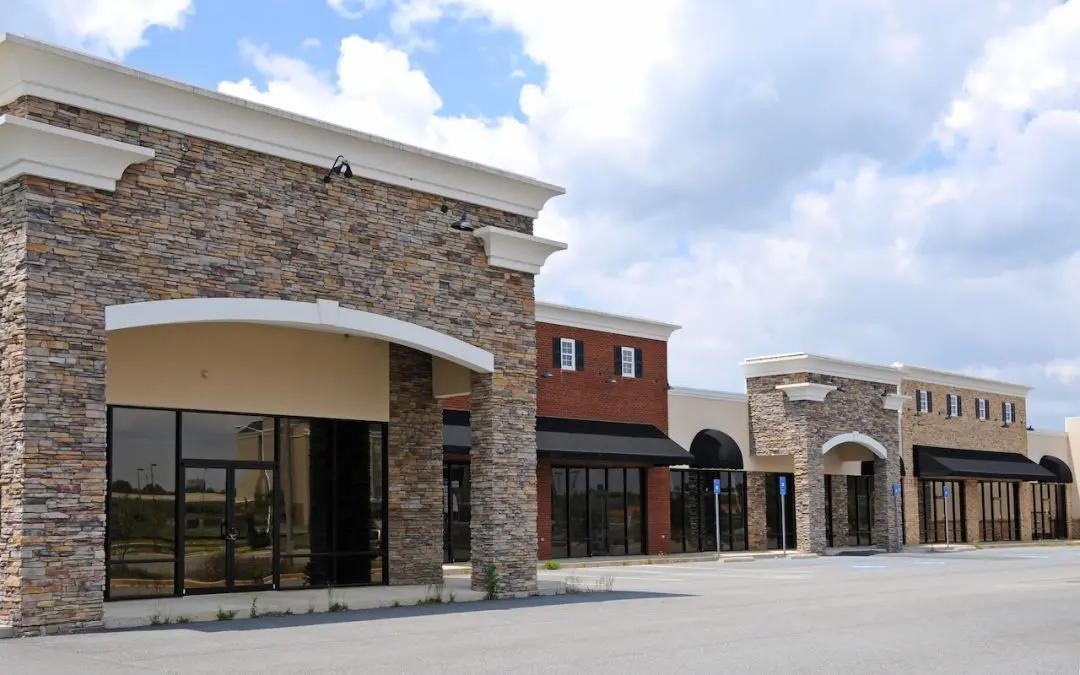A commercial building inspection is an important step in protecting your investment. Whether you’re purchasing, leasing, or maintaining a property, an inspection provides critical insight into the current condition of the building. It highlights strengths, uncovers weaknesses, and helps you make informed decisions about the future. Skipping this step could leave you vulnerable to costly surprises, while prioritizing it gives you leverage and peace of mind.
The Purpose Behind a Commercial Building Inspection
At its core, a commercial building inspection evaluates a property’s safety, functionality, and overall condition. Inspectors examine the structure, roof, plumbing, electrical systems, HVAC units, and more to identify issues that may not be obvious during a casual walkthrough. The goal is to provide a clear picture of the building’s health. This helps property owners, investors, and tenants plan for repairs, negotiate deals, or confidently create long-term maintenance strategies.
What to Expect During an Inspection
Every property is unique, but a thorough inspection follows a consistent process. Inspectors will inspect the exterior, evaluating the roof, siding, windows, parking lots, and drainage systems. They check structural integrity, electrical wiring, plumbing systems, and heating and cooling units inside. Safety systems such as fire alarms, sprinklers, and emergency exits are also reviewed to guarantee compliance with building codes. Beyond the physical elements, inspectors will provide a report that includes photographs, detailed findings, and recommendations for immediate or future action.
Minimize Risk with a Commercial Building Inspection
For property investors, risk management is everything. A commercial building inspection is one of the most effective tools to minimize risk. Uncovering hidden issues, such as outdated wiring, roof leaks, or foundation problems, you gain the knowledge to budget for repairs or negotiate a fair purchase price. Even if you’re already a property owner, regular inspections will help catch problems early, preventing small issues from escalating into major expenses. An inspection acts as a financial safeguard and a proactive maintenance strategy.
Long-Term Benefits of a Commercial Building Inspection
While the initial motivation for a commercial building inspection may be a sale or lease, the benefits extend beyond closing day. A comprehensive report will serve as a roadmap for ongoing maintenance. Knowing that an HVAC system is nearing the end of its life cycle allows you to plan for replacement rather than face an unexpected breakdown during peak season. Over time, consistent inspections preserve property value, improve tenant satisfaction, and ensure compliance with safety standards, all of which contribute to stronger returns on your investment.
Choosing the Right Inspector for Your Property
Not all inspectors bring the same expertise to the table. Commercial buildings may be complex, with specialized systems and varying code requirements depending on location and industry. When selecting an inspector, it is essential to choose someone with commercial experience and the certifications to back it up. A trusted professional guarantees that your inspection is not just a formality but a powerful decision-making tool.
The Bottom Line
A commercial building inspection is invaluable for anyone with a stake in commercial property. It provides clarity, reduces risk, and helps create a path forward, whether that means negotiating repairs, planning upgrades, or simply maintaining the value of your investment. By making inspections a priority, you protect your finances and build confidence in your property’s future.
FAQs
What is the difference between a home inspection and a commercial building inspection?
A home inspection typically focuses on residential structures and systems designed for smaller-scale living. On the other hand, a commercial building inspection covers larger and often more complex systems, compliance with business-related codes, and considerations for long-term operational use.
How long does a commercial building inspection take?
The duration depends on the size and complexity of the property. A small retail building may only take a few hours to inspect, while a large industrial facility could require a full day or more.
Who should pay for the commercial inspection?
Often, the buyer or tenant will cover the cost, depending on the situation. However, it may sometimes be negotiated between parties during the transaction process.
How often should a commercial property be inspected?
Even if you’re not buying or selling, it’s wise to schedule a commercial building inspection every few years. Regular inspections help identify maintenance needs early and guarantee the property complies with evolving safety and building standards.
Do I need a commercial building inspection if the property looks fine?
Yes. Many issues in commercial buildings are hidden beneath the surface and may not be visible during a walkthrough. An inspection could uncover structural problems, outdated systems, or safety concerns, leading to costly repairs or compliance issues later.
AWP Home Inspections offers professional commercial inspection services in West Central and Central Indiana. Contact us to request an appointment.

